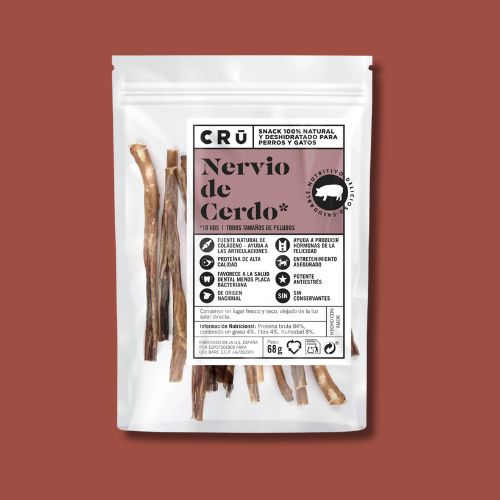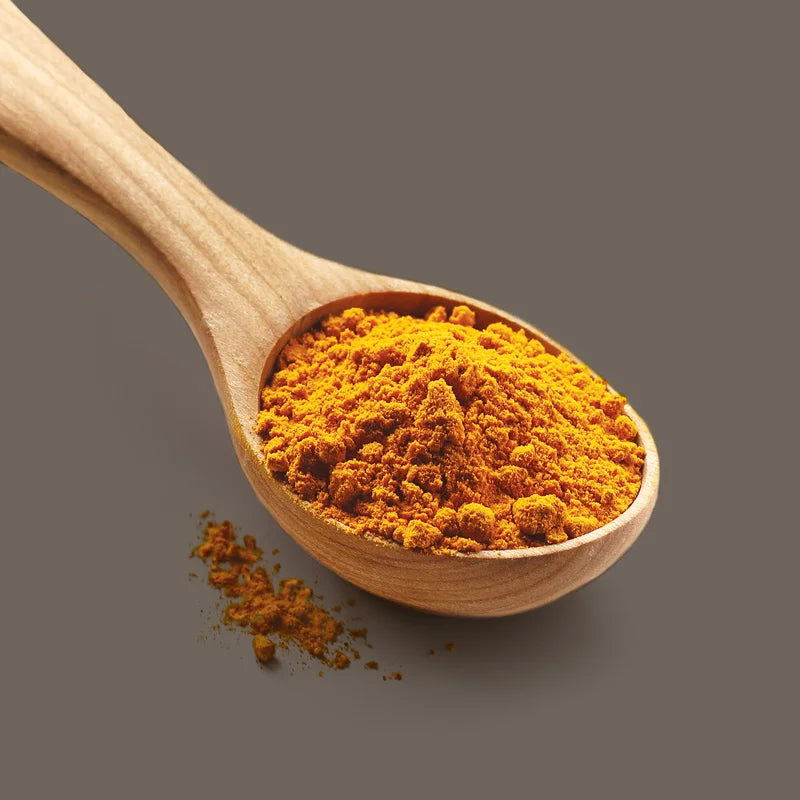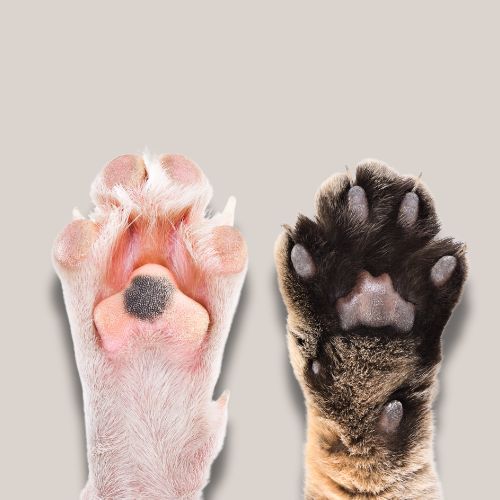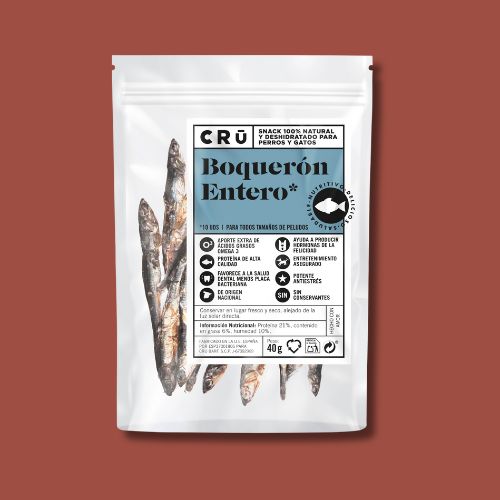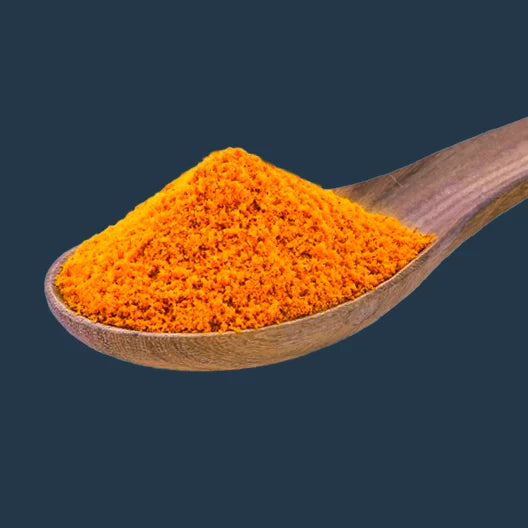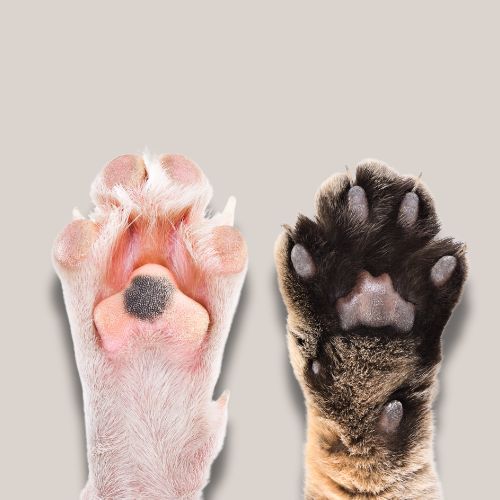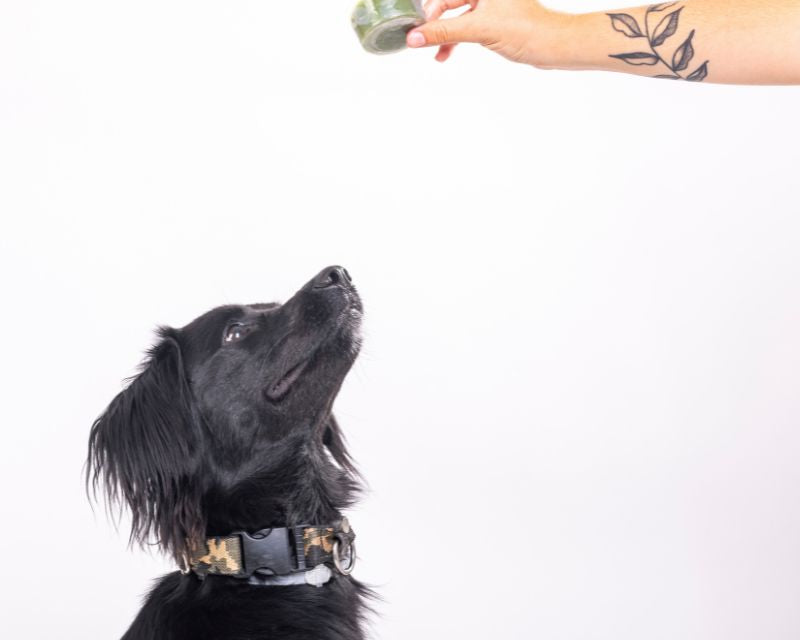Although the foundation of any animal's health is good nutrition, even with a natural and balanced diet, there are times when your dog or cat's body may need a little boost. Vitamins are key to maintaining their overall well-being, and supplements can become a great ally if used properly. This doesn't mean supplementation for the sake of it, but rather understanding when it may be necessary, what signs to look out for, and how to incorporate this reinforcement safely, effectively, and in a way tailored to their species and lifestyle. In this article, we'll tell you everything you need to know to make an informed and natural choice.
What role do vitamins play in your dog or cat's health?
Vitamins play fundamental roles in the bodies of dogs and cats . They're not just a "extra" for sick animals, but essential components for the body's daily functioning. They participate in processes as varied as energy production, cellular metabolism, the immune system, tissue regeneration, and neurological and cardiovascular health. For example, biotin and vitamin E are key to maintaining a shiny coat and healthy skin, while B vitamins promote efficient digestion and a balanced nervous system. When they're lacking, the body notices it: tiredness, dull fur, slow digestion... Sometimes we think it's "age" or "character," but it's simply a body that doesn't get everything it needs. If your furry friend has started to show signs of these, you can take a look at the coconut and spirulina supplement , which provides a rich combination of B vitamins and natural antioxidants, perfect for revitalizing from within.
Doesn't your body produce them naturally?
Some vitamins can be synthesized internally, but others cannot, or not in sufficient quantities. For example, dogs can produce vitamin C , but cats cannot. And neither properly synthesizes vitamin D through sunlight, as humans do. There are also nutrients like taurine , which is essential for cats, which must be supplied through the diet, as they do not produce it naturally. A lack of taurine can lead to heart problems, retinal degeneration, or muscle weakness.

When does it make sense to supplement with vitamins?
Common cases where there may be deficiencies
In our work as nutritionists, we've helped dozens of families who couldn't understand why their dog was lacking energy or their cat had stopped grooming itself as before. One such case was that of Luna, a cat adopted on a commercial diet who seemed "fine" but was constantly losing hair and was always listless. After reviewing her diet, we discovered she was receiving minimal levels of essential vitamins. By adding a natural supplement for six weeks, her energy dramatically changed, she started grooming herself again, and her coat regained its shine. Cases like Luna's are more common than you might think, especially when unbalanced diets are used or when the animal has suffered an illness, surgery, or has simply aged. Another typical case of general listlessness is seen in senior dogs, who regain vitality with gentle formulas such as rosehip peel , rich in vitamin C and with a mild anti-inflammatory effect.

Cyclical use: vitamins at key times of the year
Changes of season
Seasonal changes are more stressful than they seem. Our furry body must adapt to variations in light, temperature, and rhythm. In spring, for example, there's an overload of stimuli that can lower its defenses; in fall, the change in light affects mood. We ourselves have often recommended using turmeric and ginger golden paste during these weeks: its natural anti-inflammatory action helps the body balance itself without resorting to pharmaceuticals. If you'd like to learn more about how to prepare it yourself at home, its benefits, or dosages, I've also left you this post about healing with golden paste .
Changes in routine or stress
Moving, a new baby, a separation, or even a change in walking schedule can have a strong emotional impact. Sometimes clients write to us because their dog, who was always sociable, now sleeps more and seems apathetic. Vitamin supplements in these cases don't "cure stress," but they do help the body become stronger and more resilient. Supplements such as spirulina or kelp also come into play here , providing key minerals for neurological function.
Medical recoveries
After gastroenteritis, an infection, or surgery, the body is weakened. We have had cases of animals who, after prolonged treatment with antibiotics, suffered continuous relapses and presented with diarrhea, loss of appetite, or apathy. In these cases, we always recommend combining recovery with probiotics and a mild vitamin supplement to restore balance.
What types of vitamin supplements are there?
General support supplements
Some products are designed to strengthen an animal's overall health without focusing on a single symptom. They often have antioxidant, digestive, immunological, and energetic effects. One example is the coconut and spirulina supplement. If you'd like to learn how to supplement the dish, here's a practical guide we prepared . Another classic is golden paste, which, in addition to its anti-inflammatory effect, helps the liver and digestive system.
Vitamins with specific functions
Other products are more targeted to specific needs. MSM for joints has worked very well with older dogs with dysplasia or mild osteoarthritis. Garlic powder or kelp help in cases of liver overload or for animals that need detoxification. And as mentioned above, if you have a cat that doesn't eat organ meats or a dog with heart problems, check the taurine level in its diet. In this case, it's better to give too much than not enough. Any taurine the body can't absorb will be eliminated without a trace in the urine.

How to give them correctly
Feed, BARF or homemade food?
Whatever type of diet your pet eats, there are safe and effective ways to incorporate a vitamin supplement . If they're on dry food, we usually recommend mixing it with a little fresh food or homemade broth to facilitate absorption and improve palatability. For BARF or homemade diets, simply incorporate it into their daily ration, respecting the appropriate amounts. Try a little of the Raw Food menu first; don't mix the entire ration; a very picky pet might say the taste has changed and refuse the dish. If this is the case, separate the vitamins and supplements from the main ration. The important thing is that the supplement fits the pet's lifestyle, not the other way around. Whenever you have questions, you can write us a comment or use the WhatsApp link in the lower right corner of your screen.
Available formats and usage tips
Natural vitamin supplements come in a wide variety of formats: powders, capsules, oils, functional snacks... At CRU, we prioritize practical options that mix well and are enjoyable for the animal. Many of our clients prefer powder because it's versatile and easy to dose, while others prefer more gelatinous or liquid textures like coconut, which can be offered directly as a healthy snack. It's always best to give them in the morning, as some can boost the metabolism, and follow the recommended dosage based on the type of animal, its weight, and life stage. A good schedule, accompanied by observation and care, makes all the difference.
Table of essential vitamins for dogs and cats
|
Vitamin |
Natural sources |
Deficiency: common symptoms |
Excess: potential risks |
|
TO |
Liver, egg yolk, oily fish |
Skin problems, weak vision, low immunity |
Liver toxicity, bone pain |
|
B1 (Thiamine) |
Liver, lean meat, brewer's yeast |
Muscle weakness, neurological problems |
Rare, may cause low blood pressure |
|
B2 (Riboflavin) |
Liver, egg, fish, green vegetables |
Dry skin, inflammation of mucous membranes, growth retardation |
Rare |
|
B3 (Niacin) |
Chicken, fish, liver |
Dermatitis, loss of appetite, fatigue |
Liver damage at very high doses |
|
B5 (Pantothenic acid) |
Egg, meat, whole grains |
Fatigue, vomiting, digestive problems |
Very rare, no documented toxicity |
|
B6 (Pyridoxine) |
Turkey, chicken, liver, cereals |
Anemia, nervousness, seizures |
Chronic excess peripheral neuropathy |
|
B7 (Biotin) |
Liver, egg, fish, yeast |
Dry skin, hair loss, weakness |
Not documented in dogs and cats |
|
B9 (Folic Acid) |
Liver, green vegetables, egg |
Anemia, weakness, reproductive problems |
Rare, may mask B12 deficiency |
|
B12 (Cobalamin) |
Liver, fish, viscera |
Anemia, weakness, weight loss |
Not documented in natural excess |
|
C |
Rosehip, fresh greens (in dogs) |
Fatigue, swollen gums |
Excess is eliminated in urine (in dogs) |
|
D |
Fish oil, egg, supplement |
Bone problems, muscle weakness |
Tissue calcification, toxicity |
|
AND |
Wheat germ, vegetable oils |
Infertility, neuromuscular problems |
Digestive disorders |
|
K |
Green vegetables, liver |
Poor coagulation |
Uncommon, but can affect blood |
|
Taurine |
Viscera, heart, supplement (cats) |
Blindness, cardiomyopathy, lethargy |
Not documented in natural excess |
This table is only a guide. Giving a vitamin supplement isn't something you should do blindly, but it's also not something reserved only for sick animals. It's a natural tool that, when used properly, can make a big difference at key moments in an animal's life. We see every day how small gestures improve their energy, mood, skin... and, above all, their quality of life. However, remember that the most important thing is that your dog or cat has a natural, balanced diet. No supplement replaces a good diet, although it can be a great ally when used sensibly. If you have questions about how to balance their diet or when a booster is useful, you can write to us. We are here to help.
Sources consulted and reference studies
-
Cecilia Villaverde Haro. (2022). The role of taurine in the heart . Clinnutrivet
-
Jewell Dennis E., Panickar Kiran S. (2023). Increased dietary vitamin D was associated with increased circulating vitamin D with no observable adverse effects in adult dogs. Frontiers in Veterinary Science
-
NRC. (2006). Nutrient Requirements of Dogs and Cats. Washington DC: The National Academies Press.
-
Linda P Case, Leighann Daristotle, Michael G. Hayek, Melody Foess. (2011). Canine and Feline nutrition: a resource for companion animal professionals. Mosby Elsevier.


